2019 Ford Police Interceptor Sedan Brake Rotors and Pads
Click here to search another vehicle
All Rotors:
OEM x
Coated x
Drilled, Slotted and Coated x
Front x
Rear x
All Pads:
Ceramic x
Semi-metallic x
Front x
Rear x
Found 14 record
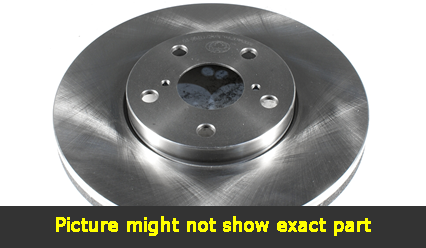
Part No: BR575108
Raybestos: 680982
OE:
Raybestos: 680982
OE:
$81.5 each
Per Car QTY: 2
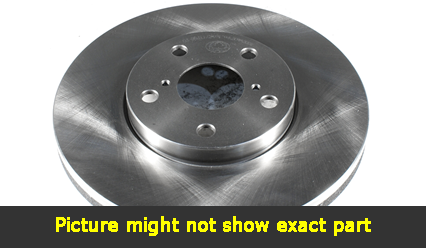
Part No: BR575109
Raybestos: 980983
OE:
Raybestos: 980983
OE:
$48.11 each
Per Car QTY: 2
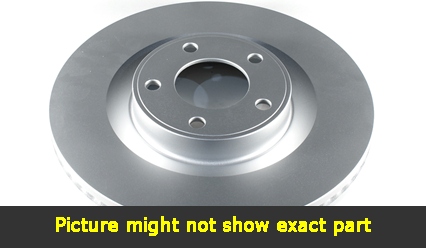
Part No: PP575108
Raybestos: 680982
OE:
Raybestos: 680982
OE:
$102.94 each
Per Car QTY: 2

Part No: PP575109
Raybestos: 980983
OE:
Raybestos: 980983
OE:
$60.79 each
Per Car QTY: 2

Part No: UP575108L
Raybestos: 680982L
OE:
Raybestos: 680982L
OE:
$118.53 each
Per Car QTY: 1

Part No: UP575108R
Raybestos: 680982R
OE:
Raybestos: 680982R
OE:
$118.53 each
Per Car QTY: 1

Ultra Plus Rotor
Position: REAR LEFT
Fitment Notes: 345mm, Cross Drilled And Slotted, designed for Police
Position: REAR LEFT
Fitment Notes: 345mm, Cross Drilled And Slotted, designed for Police
Part No: UP575109L
Raybestos: 980983L
OE:
Raybestos: 980983L
OE:
$81.49 each
Per Car QTY: 1

Ultra Plus Rotor
Position: REAR RIGHT
Fitment Notes: 345mm, Cross Drilled And Slotted, designed for Police
Position: REAR RIGHT
Fitment Notes: 345mm, Cross Drilled And Slotted, designed for Police
Part No: UP575109R
Raybestos: 980983R
OE:
Raybestos: 980983R
OE:
$81.49 each
Per Car QTY: 1
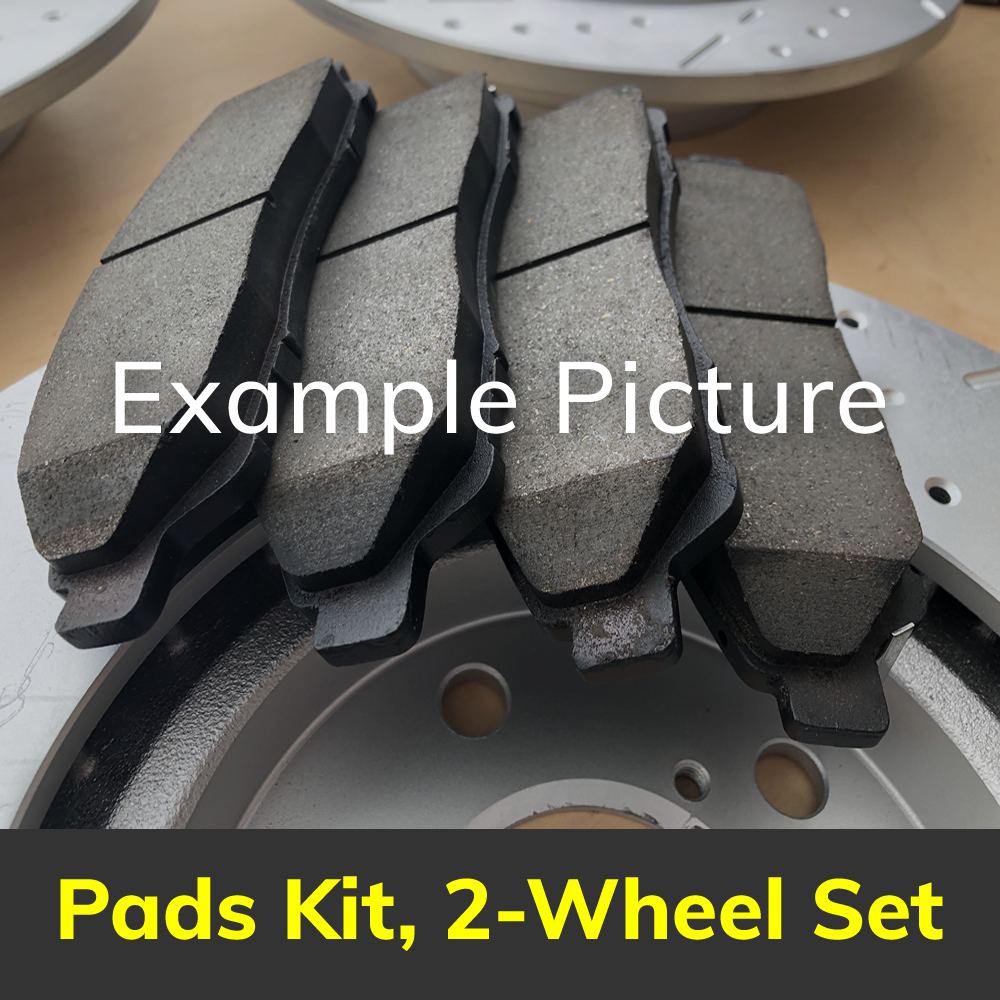
Part No: PD1611C
Raybestos: 1611
OE:
Raybestos: 1611
OE:
$50.24 each
Per Car QTY: 1
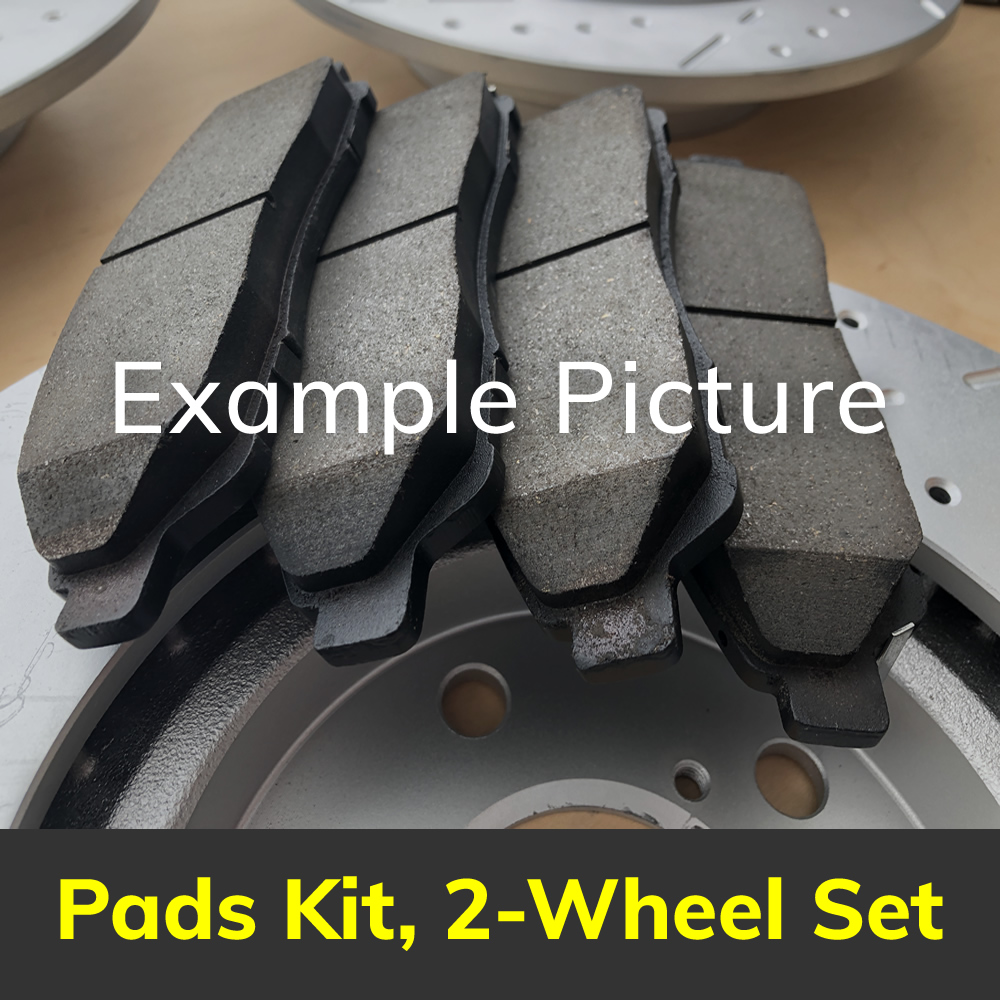
Part No: PD1612C
Raybestos: 1612
OE:
Raybestos: 1612
OE:
$38.27 each
Per Car QTY: 1
When it comes to choosing brakes for your 2019 Ford Police Interceptor Sedan, safety and reliability should be your top priorities. As a police officer, having a well-functioning brake system on your vehicle is essential for your safety, as well as the safety of others on the road. Here are some rules to consider when selecting brakes for your car.
1. Understand your driving needs: Different brakes are designed for different driving conditions. Police vehicles often require high-performance brakes to handle the demanding nature of law enforcement duties. Determine the kind of driving you will be doing, such as urban patrol, highway pursuit, or off-road, and select brakes that can withstand those conditions.
2. Choose a reputable brand: When it comes to brakes, it's important to choose a reliable and reputable brand. Look for manufacturers with a proven track record of producing high-quality brake systems. This ensures that you are getting brakes that have been thoroughly tested and meet the necessary safety standards.
3. Consider the type of brake system: There are various types of brake systems available, including traditional hydraulic brakes, regenerative brakes, and anti-lock braking systems (ABS). Hydraulic brakes are commonly used in most vehicles, while regenerative brakes are often found in hybrid or electric vehicles. ABS provides better control during emergency braking situations by preventing wheel lock-up. Discuss with a professional which type of brake system would be most suitable for your needs.
4. Opt for high-quality brake pads: Brake pads are a crucial component of the braking system. They create friction against the rotors to slow down and stop your vehicle. Choose brake pads made from high-quality materials, such as ceramic or semi-metallic, for optimal performance and longevity. They offer better stopping power and heat dissipation compared to cheaper, low-quality brake pads.
5. Consider rotor quality: Brake rotors also play a significant role in the braking system. They provide a surface for the brake pads to grip and slow down the vehicle. High-quality rotors made from cast iron or carbon composite materials provide better heat dissipation, reduce the risk of warping, and offer improved performance over time.
6. Consult with a professional: Consulting with a trusted mechanic or a Ford dealership specializing in police vehicle maintenance is highly recommended. They have the expertise and knowledge to advise you on the best brakes for your specific vehicle model, taking into consideration factors such as towing capacity, vehicle weight, and driving requirements.
7. Prioritize maintenance: Once you've installed new brakes, regular maintenance is essential to ensure their longevity and reliability. Regularly inspect the brake system, including brake pads, rotors, and brake fluid levels. If you notice any squealing, grinding, or decreased braking performance, it may be time for a service or replacement.
In conclusion, choosing the right brakes for your 2019 Ford Police Interceptor Sedan is crucial for your safety and the safety of others on the road. Consider factors such as driving needs, reputable brands, brake system type, brake pad and rotor quality, and seek advice from professionals when making your decision. Remember to prioritize regular maintenance to keep your brake system in optimal condition.
1. Understand your driving needs: Different brakes are designed for different driving conditions. Police vehicles often require high-performance brakes to handle the demanding nature of law enforcement duties. Determine the kind of driving you will be doing, such as urban patrol, highway pursuit, or off-road, and select brakes that can withstand those conditions.
2. Choose a reputable brand: When it comes to brakes, it's important to choose a reliable and reputable brand. Look for manufacturers with a proven track record of producing high-quality brake systems. This ensures that you are getting brakes that have been thoroughly tested and meet the necessary safety standards.
3. Consider the type of brake system: There are various types of brake systems available, including traditional hydraulic brakes, regenerative brakes, and anti-lock braking systems (ABS). Hydraulic brakes are commonly used in most vehicles, while regenerative brakes are often found in hybrid or electric vehicles. ABS provides better control during emergency braking situations by preventing wheel lock-up. Discuss with a professional which type of brake system would be most suitable for your needs.
4. Opt for high-quality brake pads: Brake pads are a crucial component of the braking system. They create friction against the rotors to slow down and stop your vehicle. Choose brake pads made from high-quality materials, such as ceramic or semi-metallic, for optimal performance and longevity. They offer better stopping power and heat dissipation compared to cheaper, low-quality brake pads.
5. Consider rotor quality: Brake rotors also play a significant role in the braking system. They provide a surface for the brake pads to grip and slow down the vehicle. High-quality rotors made from cast iron or carbon composite materials provide better heat dissipation, reduce the risk of warping, and offer improved performance over time.
6. Consult with a professional: Consulting with a trusted mechanic or a Ford dealership specializing in police vehicle maintenance is highly recommended. They have the expertise and knowledge to advise you on the best brakes for your specific vehicle model, taking into consideration factors such as towing capacity, vehicle weight, and driving requirements.
7. Prioritize maintenance: Once you've installed new brakes, regular maintenance is essential to ensure their longevity and reliability. Regularly inspect the brake system, including brake pads, rotors, and brake fluid levels. If you notice any squealing, grinding, or decreased braking performance, it may be time for a service or replacement.
In conclusion, choosing the right brakes for your 2019 Ford Police Interceptor Sedan is crucial for your safety and the safety of others on the road. Consider factors such as driving needs, reputable brands, brake system type, brake pad and rotor quality, and seek advice from professionals when making your decision. Remember to prioritize regular maintenance to keep your brake system in optimal condition.






